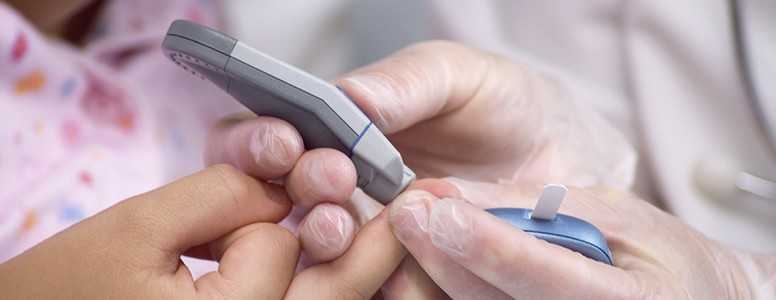Average HbA1c levels among children with type 1 diabetes from different countries do not provide an accurate portrayal of blood glucose control, researchers say.
Focusing on national mean HbA1c levels could conceal variations of care within countries, according to a UK study team, which could obscure accurate measures of blood sugar control among children.
Scientists from the University College London’s (UCL) Great Ormond Street Institute of Child Health wanted to investigate how mean HbA1c levels per country might affect how healthcare systems adapt to the outcomes.
They reviewed medical records of 64,666 children with type 1 diabetes between 2013-2014, taken from 528 pediatric diabetes centres across Europe. They then collated data relating to glycemic levels to assess any differences between total results and whether the outcomes differed to the centres.
The lowest mean HbA1c level of 59 mmol/mol (7.6%), was found in Swede, with the lowest variation within centres discovered in Swede, Norway and Denmark. Meanwhile, the largest variations were recorded in Germany and Austria, which had the next lowest HbA1c levels of 61 and 62 mmol/mol respectively (7.7% and 7.8% respectively).
Lead author Dimitrios Charalampopoulos, research associate at UCL Great Ormond Street Institute, said: “Within-country studies have reported substantial differences in glycemic control across paediatric diabetes centres.”
He states that the variations could be down to differences in the mix of patients between different regions or might reflect differences in quality of care across a country. Additionally, the variations could raise concerns about whether quality of care is varying significantly across a country.
The research team concluded that the variation in HbA1c levels within countries should be considered in addition to the mean levels within future research. This way it could help to develop more informed policies aimed at improving overall care.
The findings have been published online in Diabetes Care.
What's new on the forum? ⭐️
Get our free newsletters
Stay up to date with the latest news, research and breakthroughs.






